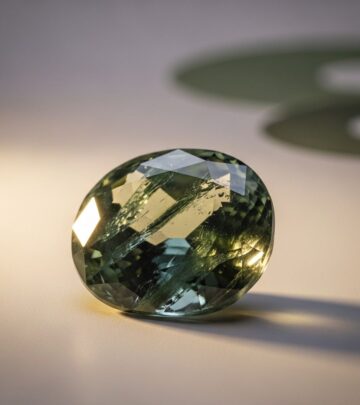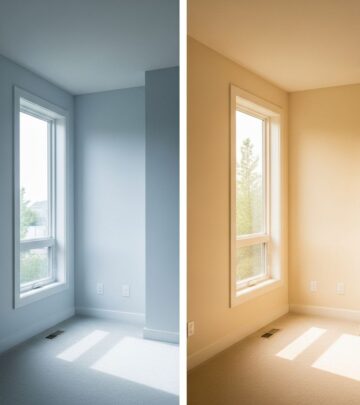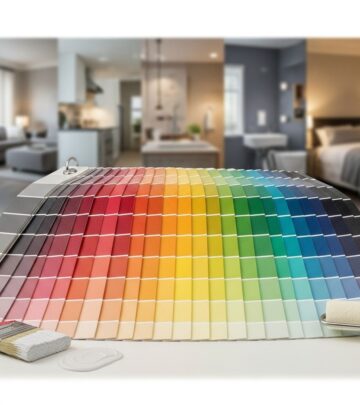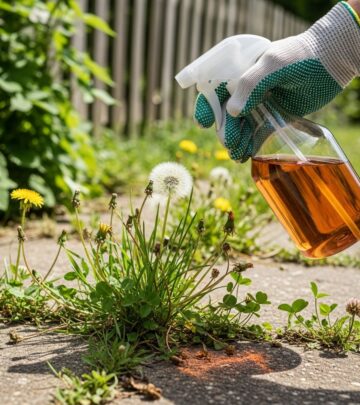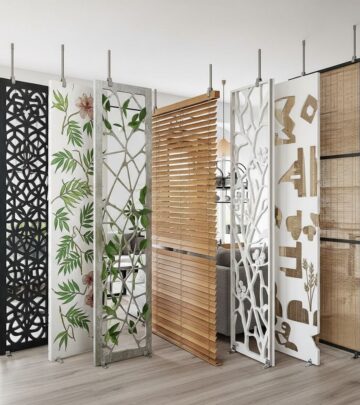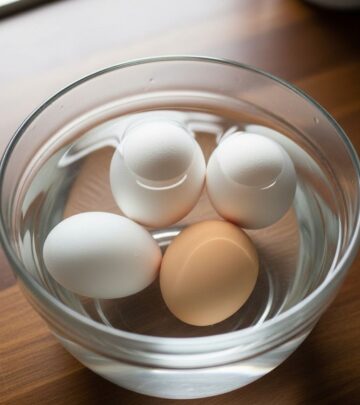Cost To Refinish Hardwood Floors: Comprehensive Guide For 2025
Uncover everything homeowners need to know about hardwood floor refinishing costs, processes, and project decisions in 2025.
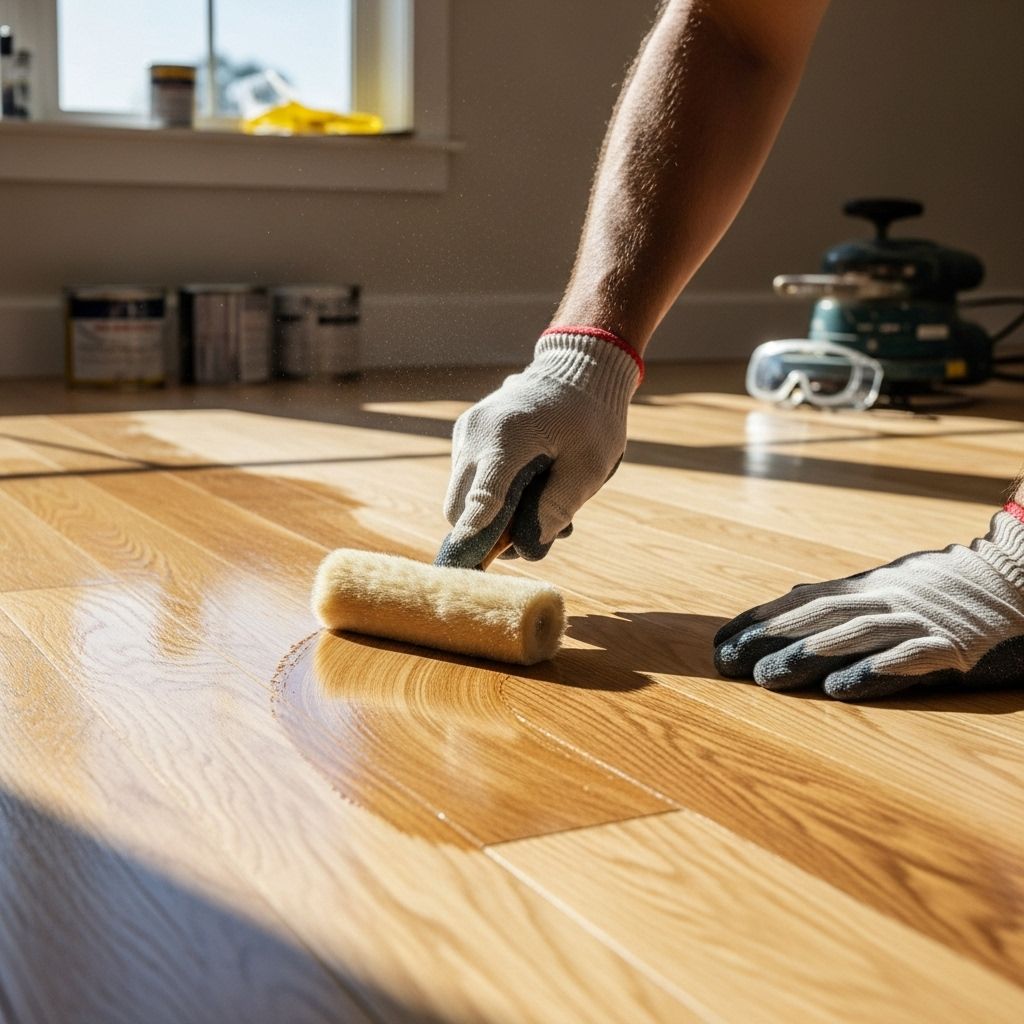
Image: HearthJunction Design Team
Hardwood Floor Refinishing Costs: A Comprehensive Guide for 2025
Refinishing hardwood floors is among the most effective ways to revive your home’s beauty and protect your flooring investment. As floors age, frequent foot traffic, moving furniture, or pet activity can leave hardwoods looking dull, scratched, or worn. Professional refinishing not only restores their original luster but also helps increase your home’s value. However, understanding the full scope of hardwood floor refinishing costs—and the many factors that influence them—is essential for every homeowner planning this project in 2025.
Average Cost to Refinish Hardwood Floors
Nationally, the average cost for refinishing hardwood floors is $1,883. Most homeowners will spend between $1,101 and $2,666 for the job, though project size and specifics can cause costs to swing higher or lower. In terms of unit pricing, you can expect to pay about $3 to $8 per square foot for professional refinishing. For smaller projects like a single room, costs might be in the hundreds; for whole-home refinishing, totals can exceed $6,000 or more, depending on the layout and finishes you choose.
| Square Footage | Typical Cost Range |
|---|---|
| 40 sq. ft. (closet/small entryway) | $120 – $320 |
| 100 sq. ft. (small room) | $300 – $800 |
| 400 sq. ft. (large living room) | $1,200 – $3,200 |
| 1,000 sq. ft. (multiple rooms/whole house) | $3,000 – $8,000 |
If you’re considering refinishing hardwood stairs, the cost can be steeper due to the labor-intensive, detail work required: expect to pay $40 to $75 per stair tread.
Key Factors Affecting Hardwood Floor Refinishing Costs
Hardwood floor refinishing isn’t a one-size-fits-all service. Several factors determine how much you ultimately pay, from the specifics of your flooring to your geographic location:
- Floor Dimensions: The total square footage of floors to be refinished has the biggest impact on overall cost, as labor and materials scale with size.
- Type of Wood: Some woods are harder or more delicate, requiring special care or extra labor, which can increase costs. For example:
| Wood Type | Average Refinishing Cost (per sq. ft.) |
|---|---|
| Bamboo | $2 – $6 |
| Cherry | $3 – $5 |
| Engineered Wood | $3 – $6 |
| Oak | $3 – $5 |
| Parquet | $3 – $6 |
| Pine | $4 – $7 |
| Mahogany | $5 – $8 |
| Maple | $6 – $8 |
- Labor Costs: Labor often accounts for up to 80% of refinishing expenses, with rates varying dramatically by region.
- Current Condition of Your Floors: Deeper scratches, stains, water damage, or previous finishes can require more intensive prep work, adding to labor and material costs.
- Refinishing Process Required: Projects needing extra repairs, multiple stains, or specialty finishes may cost more. Typical process costs may include:
- Sanding: $0.50 – $3 per sq. ft.
- Staining: $1 – $3 per sq. ft.
- Recoating: $1 – $2 per sq. ft.
- Stairs and Unusual Layouts: Intricate spaces or detailed work (such as around vents, stairs, or baseboards) increase costs due to the time and skill required.
- Geographic Location: Metropolitan and high-demand areas often see higher labor rates; rural regions tend to be less expensive.
- Other Factors: Moving furniture, removing carpet or old finishes, and debris disposal can also add to the final bill.
Breakdown of the Hardwood Floor Refinishing Process
Understanding what’s involved in refinishing helps clarify costs. Here’s what most professional services include:
- Initial Assessment: Evaluating floor condition, wood type, and any needed repairs.
- Preparation: Moving furniture, removing baseboards or carpet if required.
- Sanding: Removing the old finish and smoothing out scratches, stains, or unevenness. Multiple passes may be needed.
- Staining (optional): Applying a new color. Some homeowners skip this step and opt just for a clear coat.
- Sealing or Finishing: Applying a protective topcoat (polyurethane or another finish) to protect the wood from future damage.
- Final Curing and Cleanup: Allowing time for the finish to cure and replacing any removed trim or doors.
Each step can vary in complexity. Floors that have old adhesives, deep gouges, or require color-matching may need more time and effort.
Refinishing Hardwood Floors vs. Replacing
| Project Type | Average Cost | Time Commitment | Main Benefits |
|---|---|---|---|
| Refinishing | $1,101 – $2,666 | 1 – 5 days | Restores look, protects investment, less expensive, preserves original floors |
| Replacing | $2,500 – $6,800+ | Up to 2 weeks | Completely new look, can fix major structural issues, upgrade to new material |
Refinishing is usually far less expensive than replacement and is suitable for floors that are structurally sound but visually worn or lightly damaged. Refinishing removes superficial blemishes, small dents, and scratches, giving the surface a like-new appearance. Replacement is best for floors with excessive damage, warping, or when a major change in style or wood type is desired.
Signs It’s Time to Refinish Your Hardwood Floors
- Noticeable scratches, dents, or deep stains that can’t be cleaned away
- Discoloration, fading, or patchy finish from sun exposure or moisture
- Splinters or rough texture when walking barefoot
- Visible wear in high-traffic areas compared to less-traveled zones
- Water damage or warping (though major structural issues may require replacement)
If your hardwoods are structurally sound but cosmetically tired, refinishing is the right solution. Floors with repeated water intrusion, rot, or buckling may need more than sanding and sealing.
Cost-Saving Tips for Refinishing Hardwood Floors
While refinishing is less costly than installing new floors, there are a few strategies to control costs even further:
- Refinish Larger Areas at Once: Since setup and labor are significant, refinishing multiple rooms at the same time often reduces the per-square-foot price.
- Move Furniture Yourself: Contractors often charge extra for moving furniture. Do this step before the pros arrive to save on labor.
- Choose a Standard Finish: Specialty finishes or stains add expense; opting for a clear, water-based polyurethane can be more affordable.
- Consider DIY—With Caution: Renting equipment and refinishing yourself might save money but carries risks. Inexperience can lead to uneven sanding, unwanted marks, or improper sealing—sometimes necessitating professional correction.
Is DIY Hardwood Floor Refinishing Worth It?
DIY refinishing is possible for handy homeowners, especially in small rooms or for spot repairs. However, sanding requires skill and proper equipment to avoid damaging the wood. Even minor mistakes can lead to costly repairs later. Most experts recommend hiring professionals for large spaces or valuable, older floors to ensure a seamless result.
Pros and Cons of Refinishing Hardwood Floors
| Pros | Cons |
|---|---|
|
|
Frequently Asked Questions (FAQs)
How long does refinishing hardwood floors take?
The process typically takes 1 to 5 days depending on the size of the area and the type of finish used. Oil-based sealants require longer curing times than water-based products.
How often should hardwood floors be refinished?
Most hardwood floors require refinishing every 7 to 10 years, or sooner if significant wear or damage occurs in high-traffic areas.
Is it safe to refinish hardwood floors around children or pets?
Ventilation is crucial. Some finishes release strong fumes during application and curing. Plan to keep pets and small children out of the area until the floors are fully cured.
Which finish should I choose—oil or water-based?
Oil-based finishes offer a warmer hue and longer durability, while water-based finishes have less odor, dry faster, and are more environmentally friendly.
Do engineered hardwood floors require a different approach?
Many engineered floors can be refinished only once or twice due to their thinner wear layer. Always check with the manufacturer before refinishing engineered wood.
Does refinishing remove deep stains or pet damage?
Sanding can remove most surface-level stains, but deep-set damage or pet urine might persist. In those cases, board replacement may be necessary.
Final Thoughts
Hardwood floor refinishing remains a worthwhile investment for homeowners seeking to restore elegance, protect their flooring, and avoid the expense of full replacement. While the national average is about $1,883, actual costs depend on your floor’s size, wood type, condition, and your location. With careful planning and professional help, you can enjoy beautiful, long-lasting hardwood floors that boost comfort and value in your home for years to come.
References
- https://www.thespruce.com/cost-to-refinish-hardwood-floors-1314853
- https://www.nerdwallet.com/article/mortgages/homeownership/home-improvement/cost-to-refinish-hardwood-floors
- https://www.angi.com/articles/hardwood-floor-refinishing-cost-and-other-factors.htm
- https://flooringbutler.com/factors-that-affect-hardwood-floor-refinishing-costs/
- https://www.thisoldhouse.com/flooring/reviews/cost-to-refinish-hardwood-floors
Read full bio of Shinta

